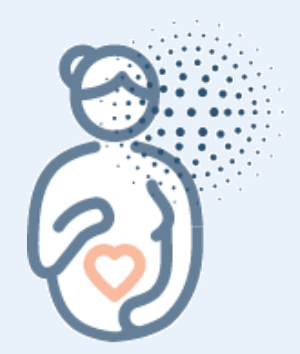Joubert Syndrome and Related Disorders Precision Panel
Joubert Syndrome (JS) and Related Disorders (JSRD) are a group of ciliopathies characterized by mid-hindbrain malformation, developmental delay, hypotonia, oculomotor apraxia, and breathing abnormalities.





